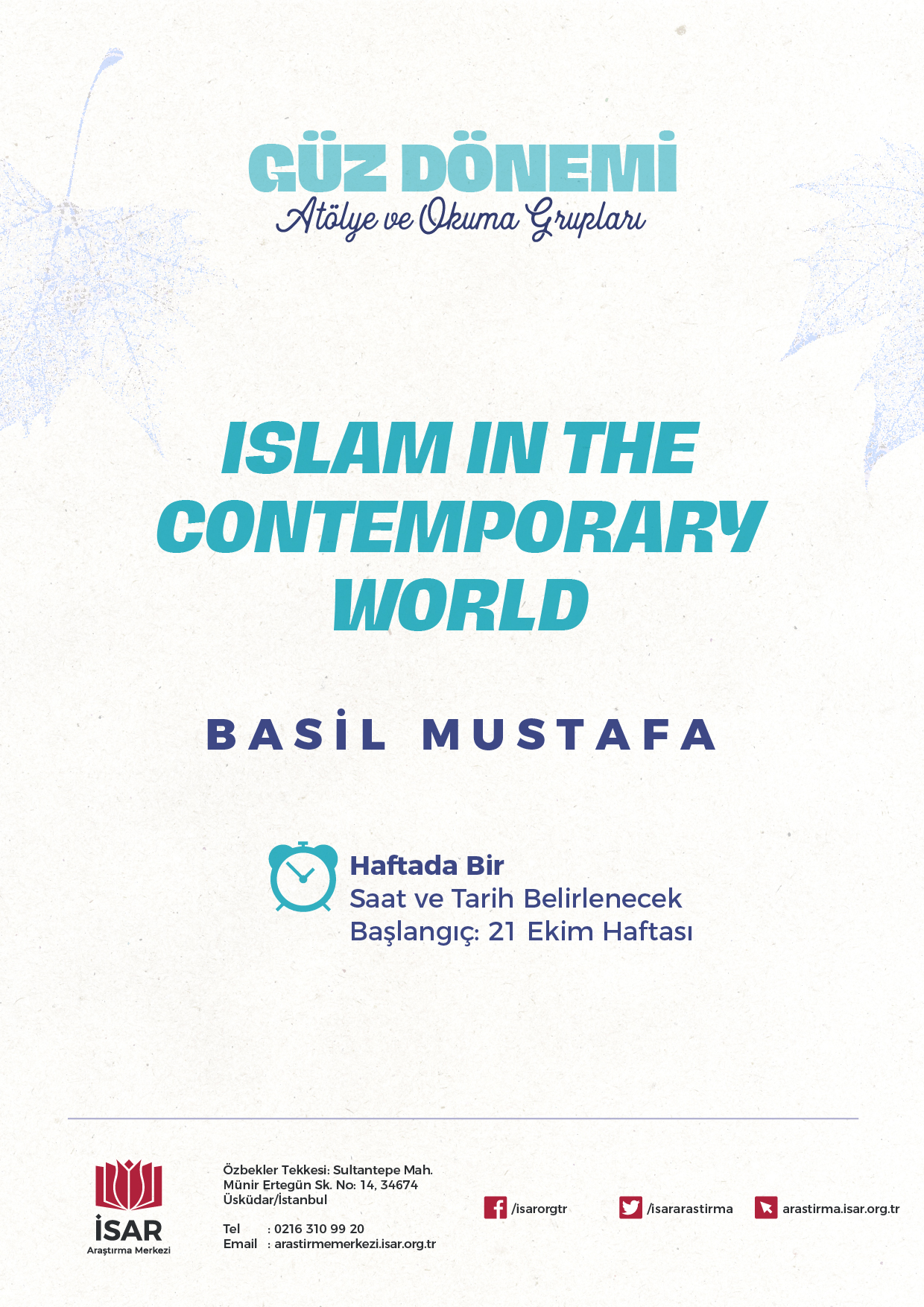
Summary
This course is about building an informed discourse on Islam and contemporary Muslim societies.
Course Aim
Islam is a universal faith, which inspires a way of life of over a billion followers in the world today. Muslim societies exhibit enormous diversity of languages and cultures, while sharing an uncompromising monotheism, belief in God’s revelation, and social responsibility. The course seeks to address a variety of themes that have been central to the vitality of the Islamic tradition. It provides an introductory guide to the role of Islam in contemporary public life. Islamic values have been increasingly used as a source of reference and inspiration for social change. The course will explore the impact of aligning the social, cultural, and business milieus with Islamic principles.
The course aims to provide a basis for an informed discussion on a subject, which has been steadily attracting global interest due to the expansion of religious awareness and practice in Muslim societies and the visible presence of Muslim communities in the West.
Course Objectives
- To provide a broad, but structured introduction to the role of the Islamic tradition in shaping the socio-political developments of modern Muslim societies
- To examine the diversity of Muslim responses to the various challenges and opportunities associated with modernization and the process of globalization. What is the meaning and prospect of an Islamic reformation?
- To offer an opportunity of reflection on professional leadership models inspired by Islamic values through facilitating a better understanding of cognitive (critical and creative thinking), socio-emotional (interpersonal), and behavioural (role-modelling and inspirational) skills; the three main areas of leaders’ development
- To appraise Values-Based Leadership (VBL) from an Islamic perspective using various empirically validated leadership models
Course Content
The course includes a series of six sessions using oral with visual presentations. Group tasks and exercises will be utilized to study major characteristics of Muslim societies associated with the emerging role of Islam in public life.
- Islam Faith and Culture
- Human Security: The Basis for Civilizational Dialogue
- Democracy, Modernization, and Religious Revivalism
- Globalization of Culture: Implications for Muslim Societies
- Environmental Education: An Islamic Perspective
- The Art of Values-Based Leadership
English is required for participation.
Click here for application.
Details
- Coordinator:
Basil Mustafa
- Meeting Frequency:
Weekly
ORGANIZED
